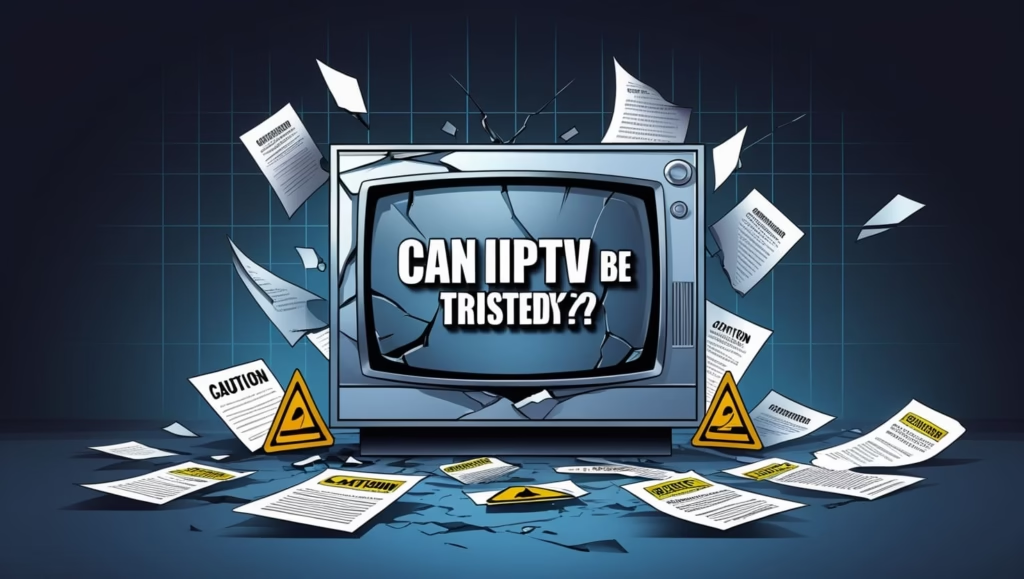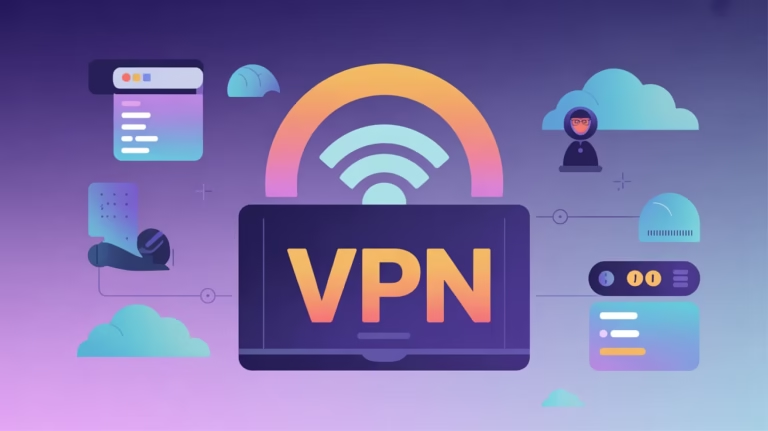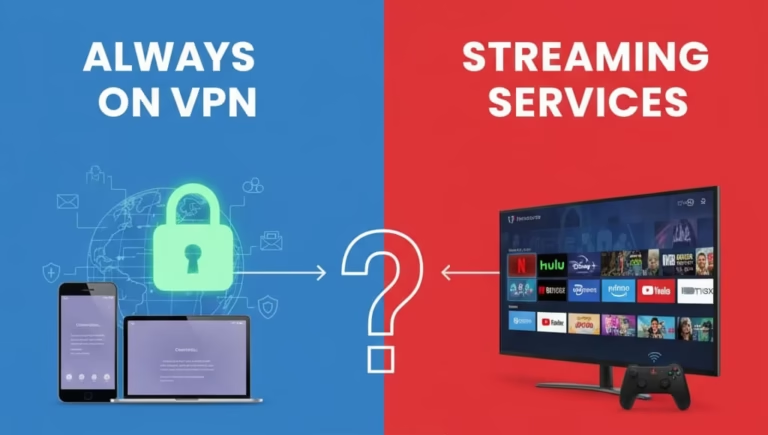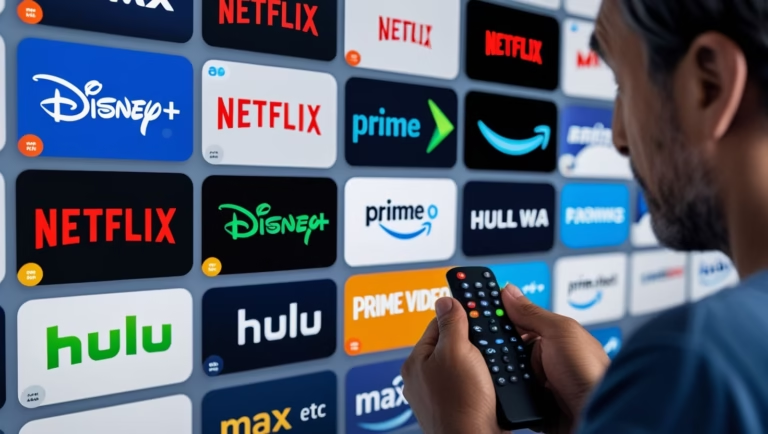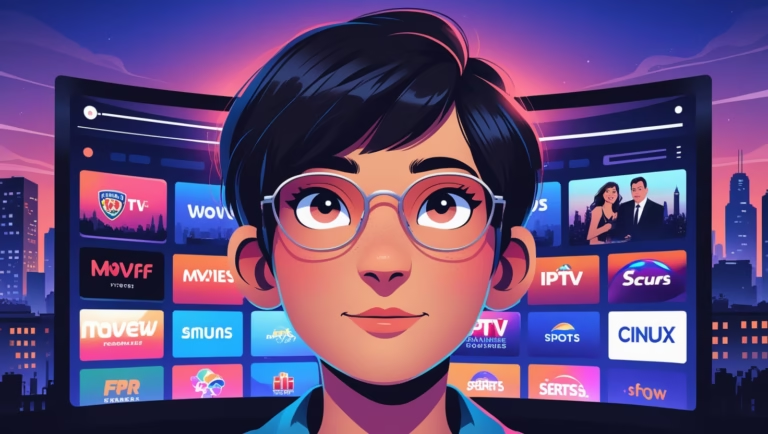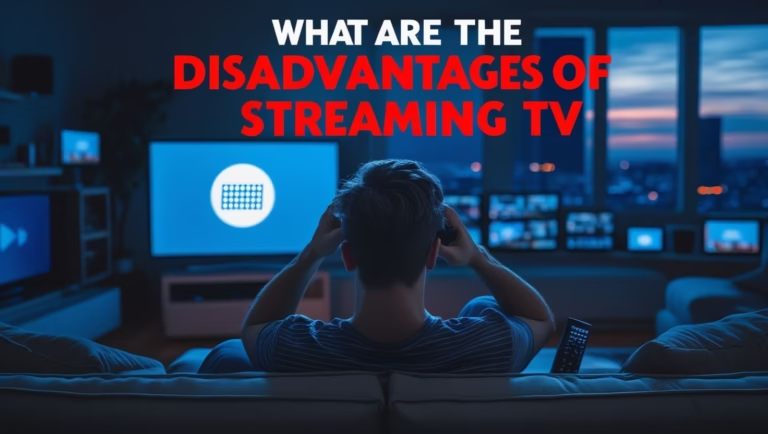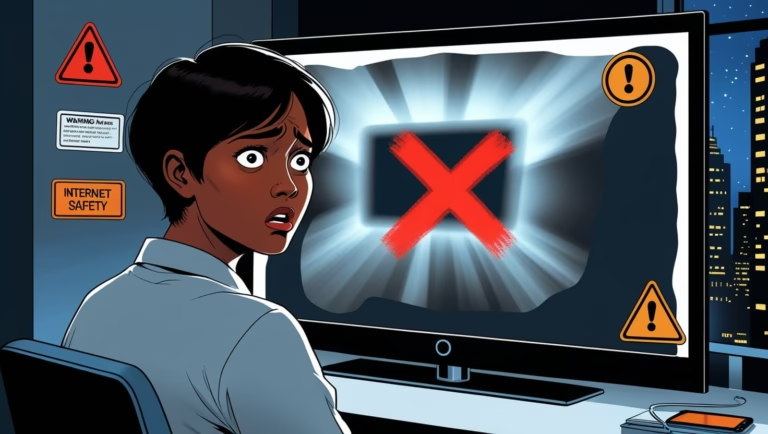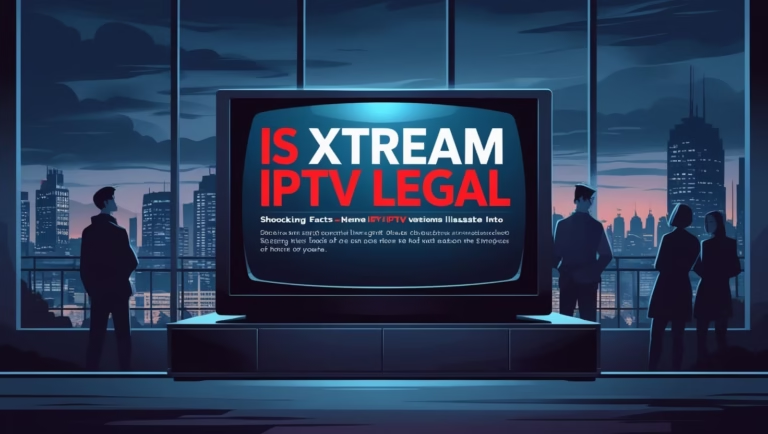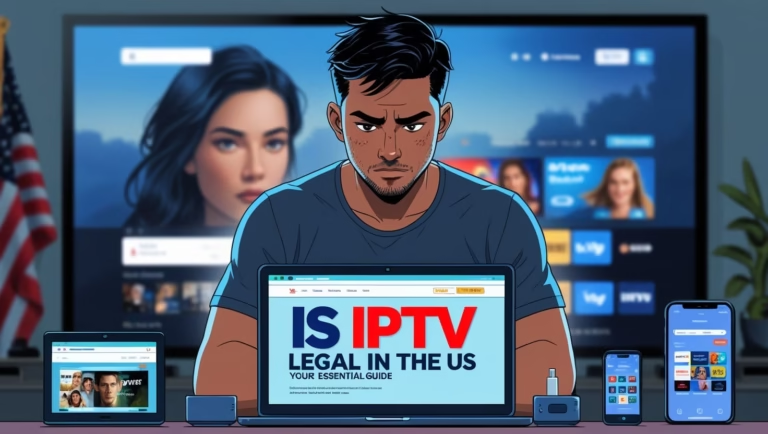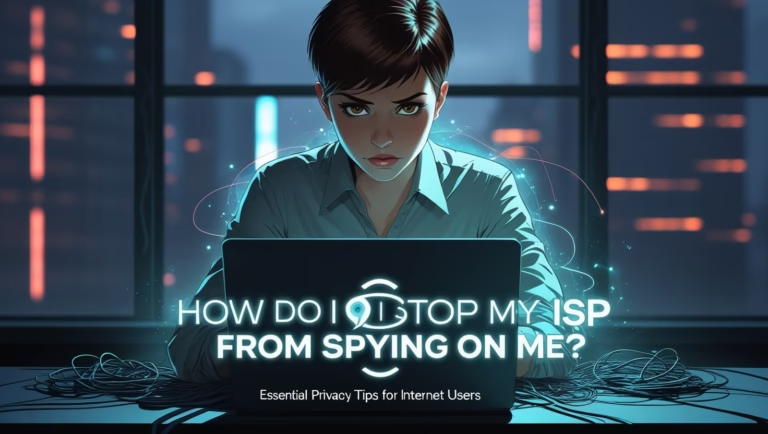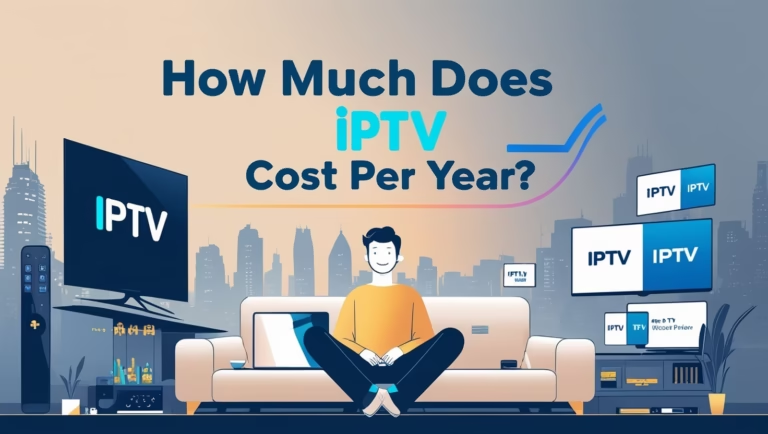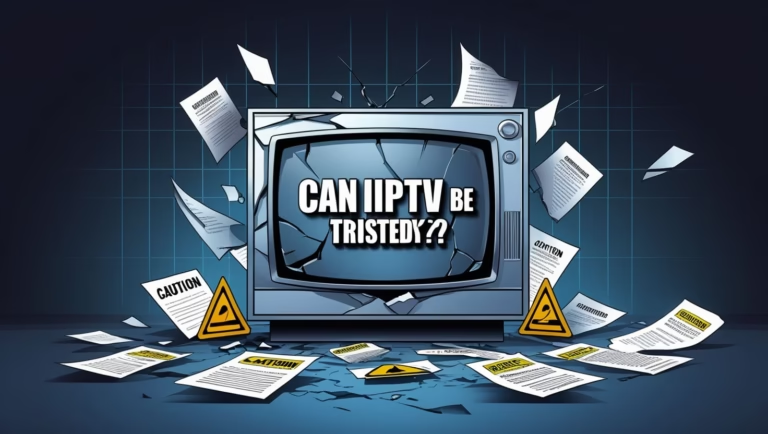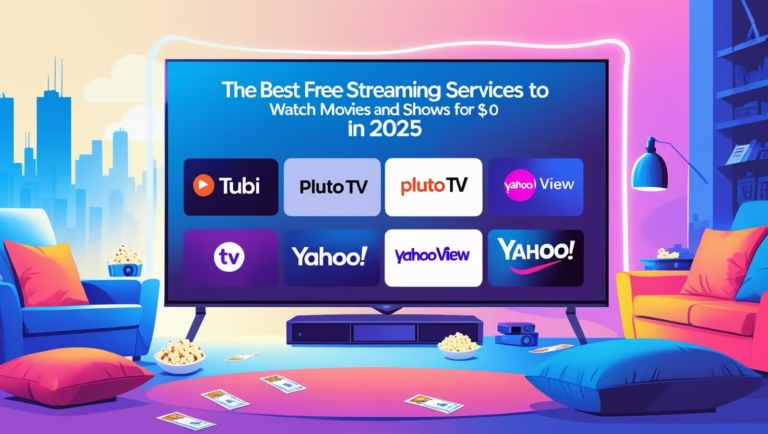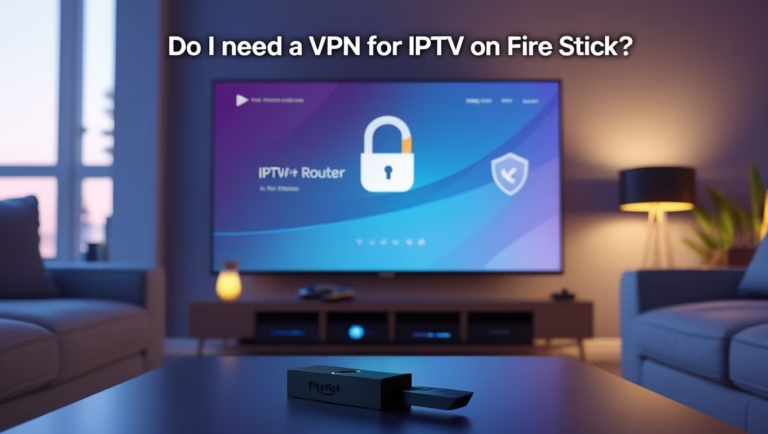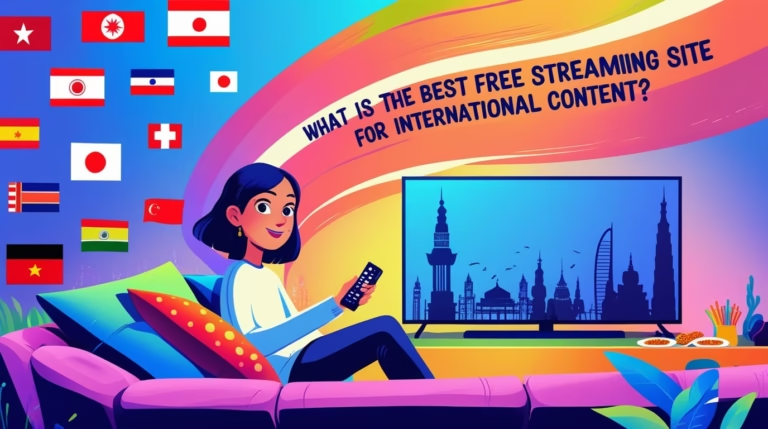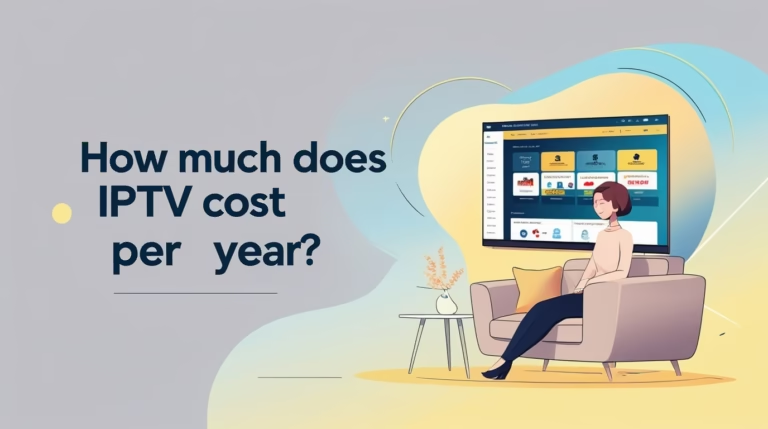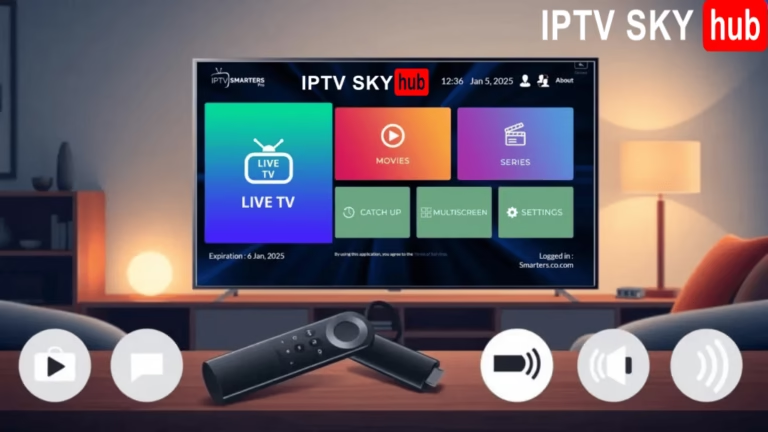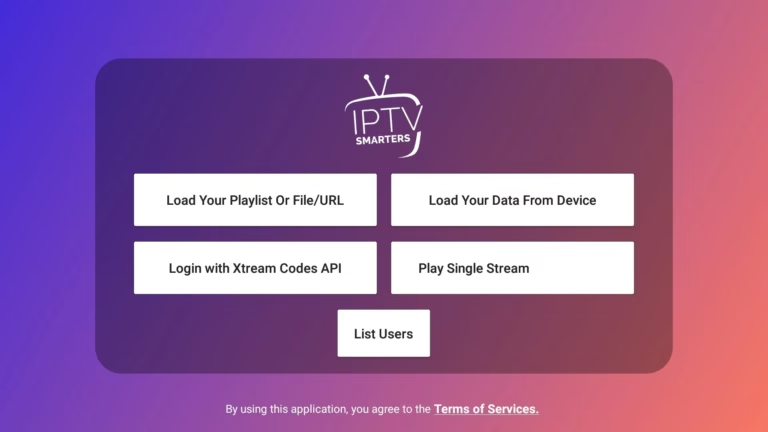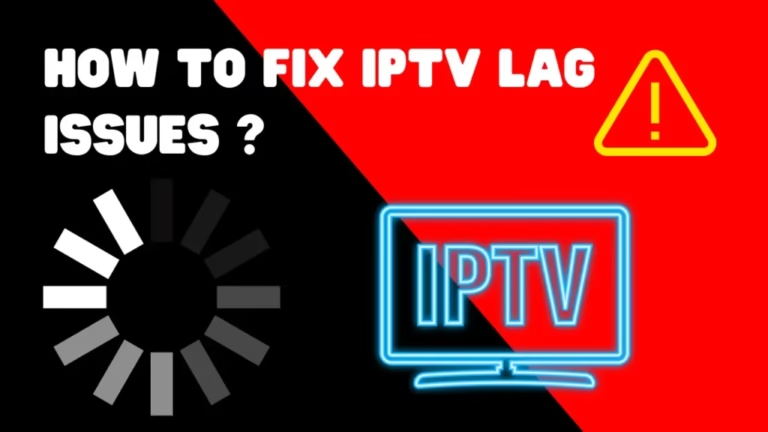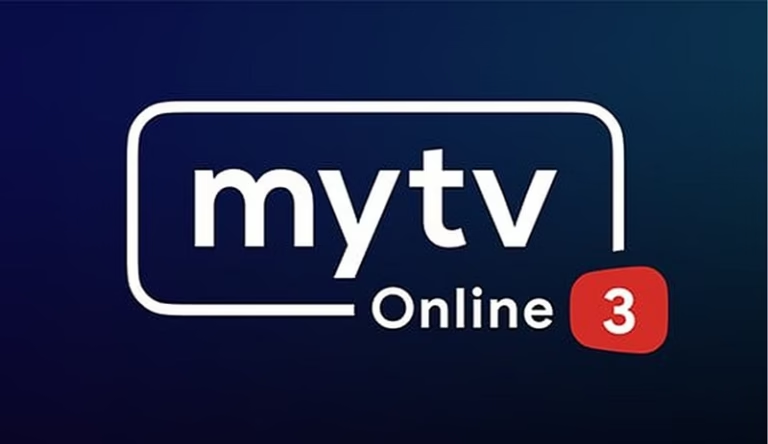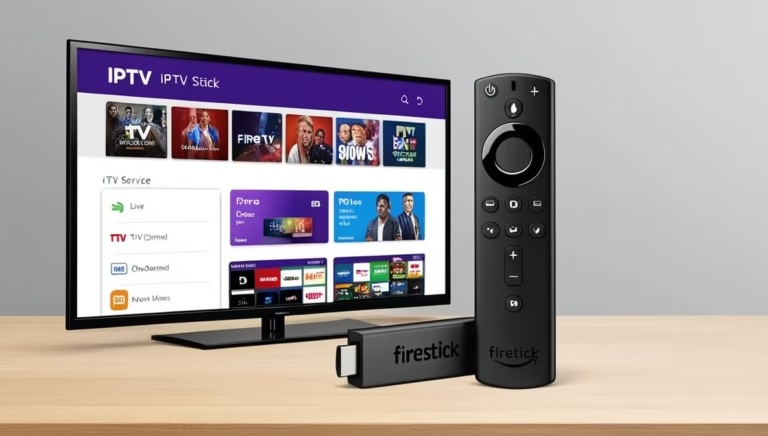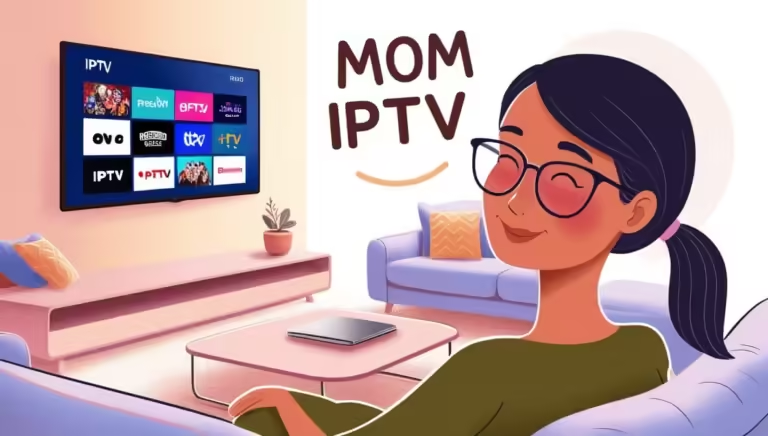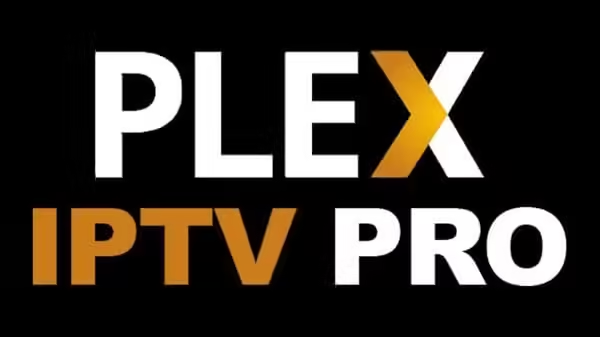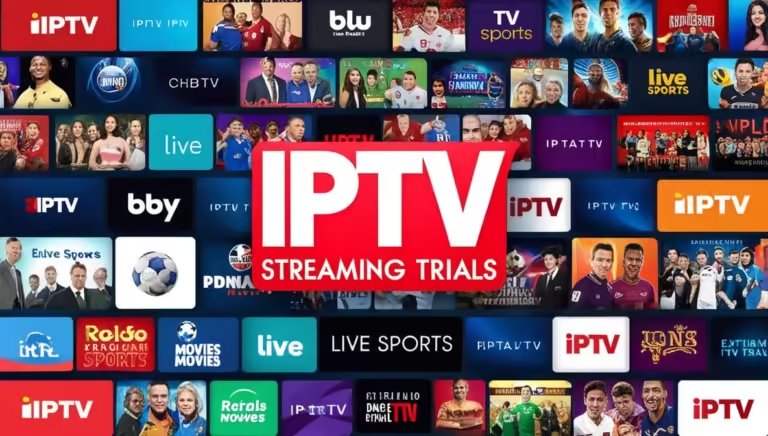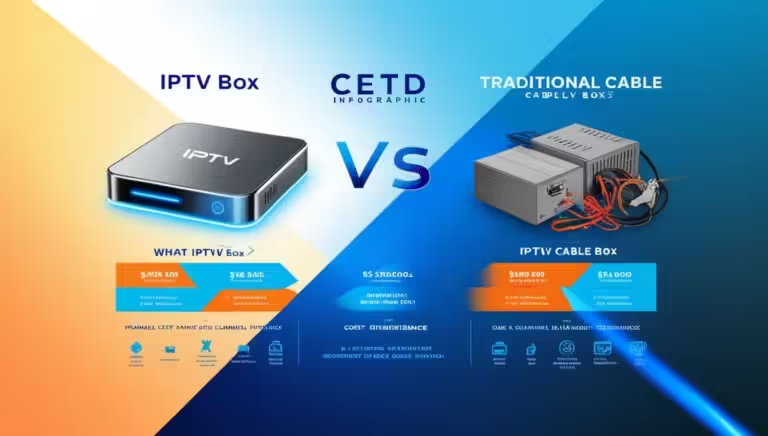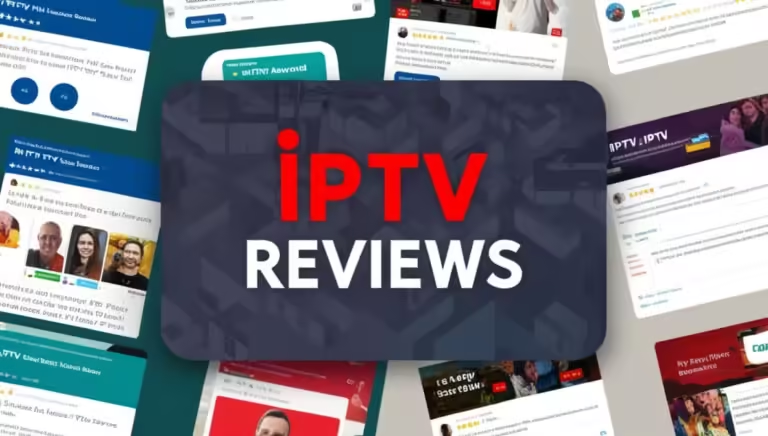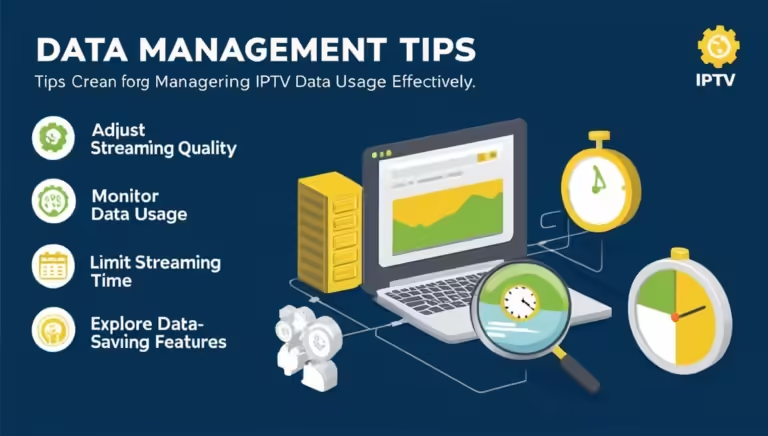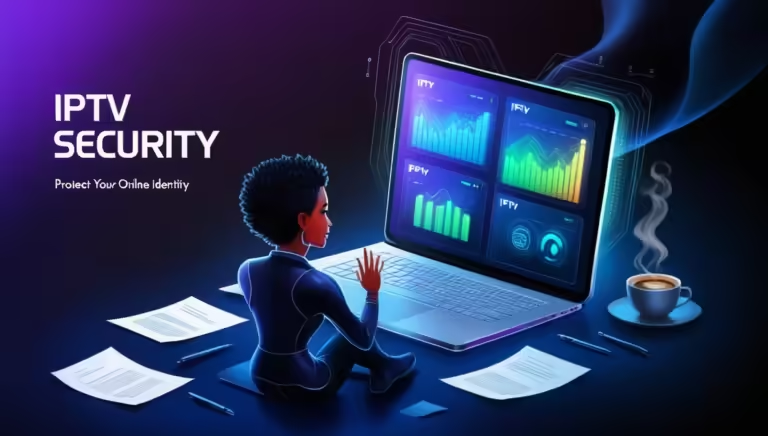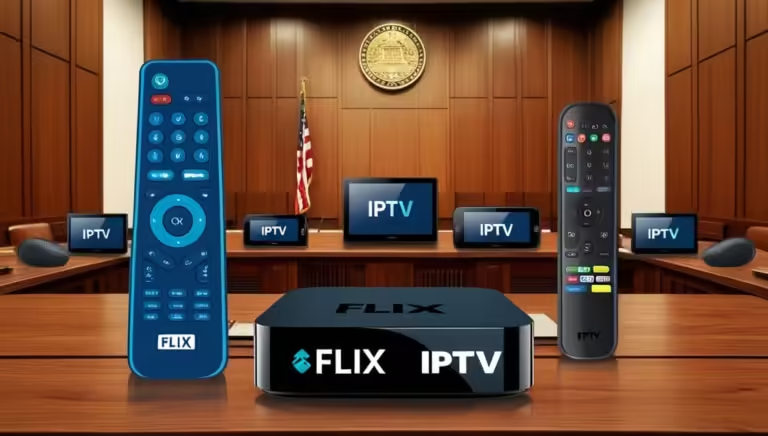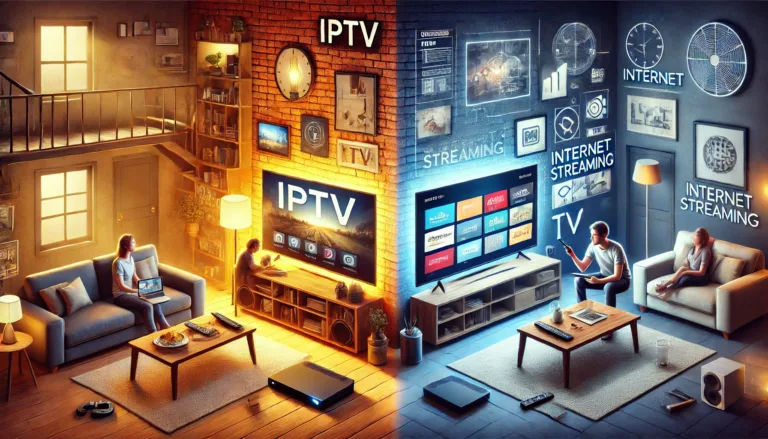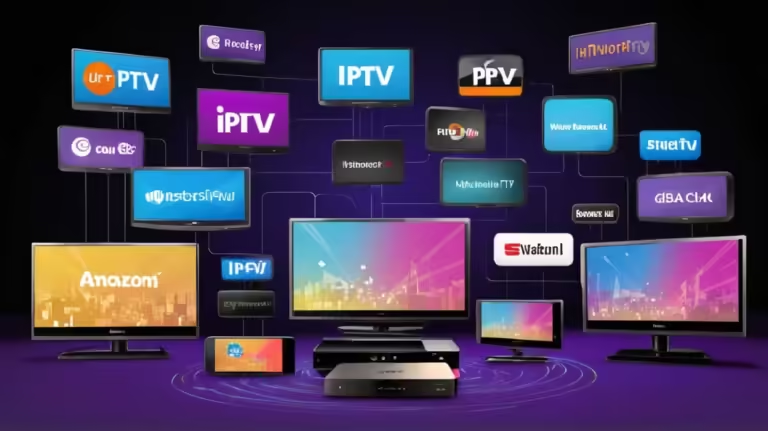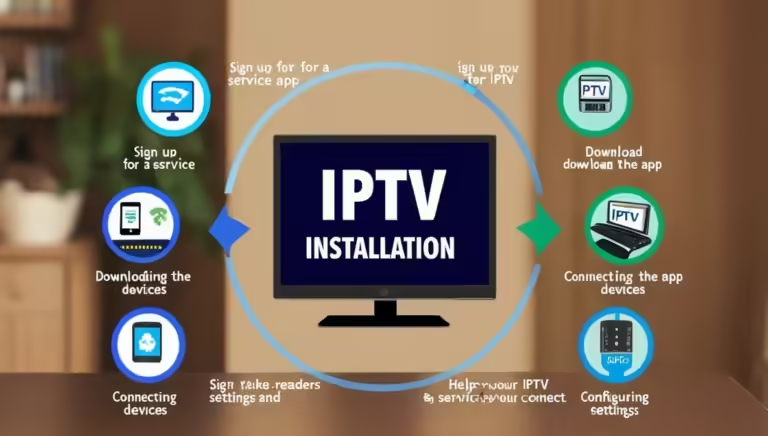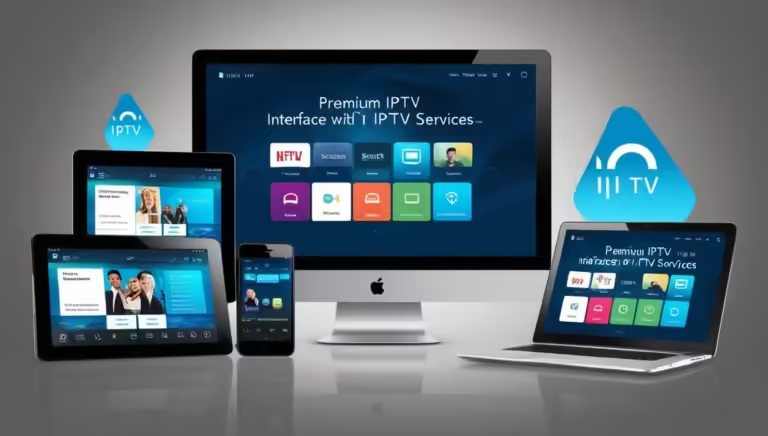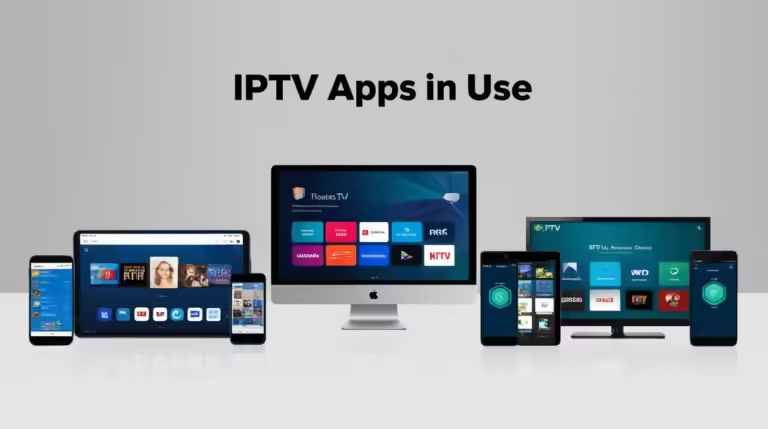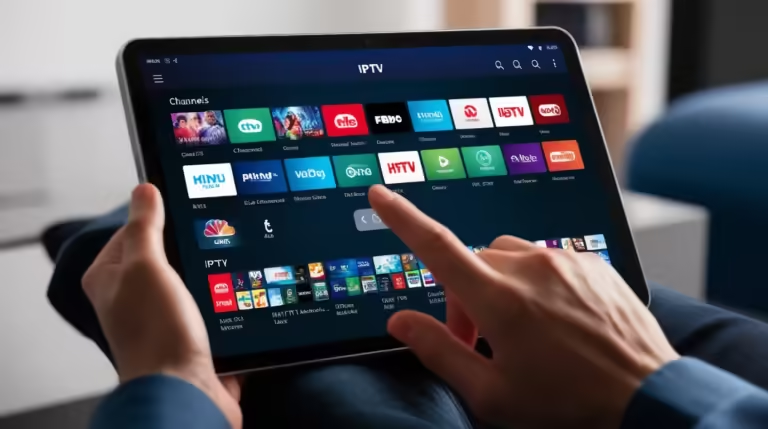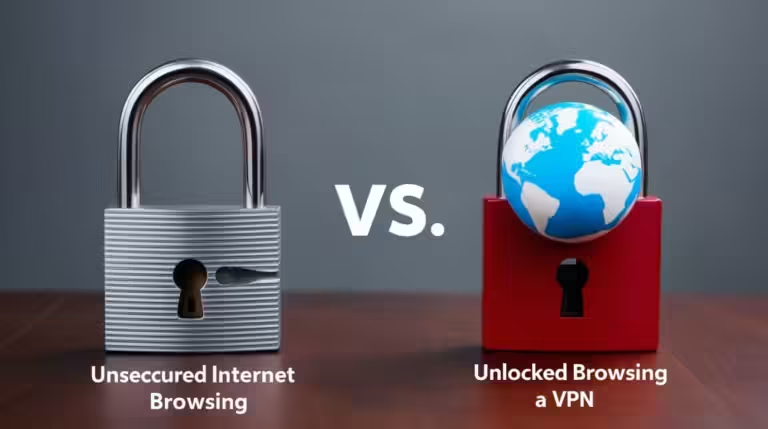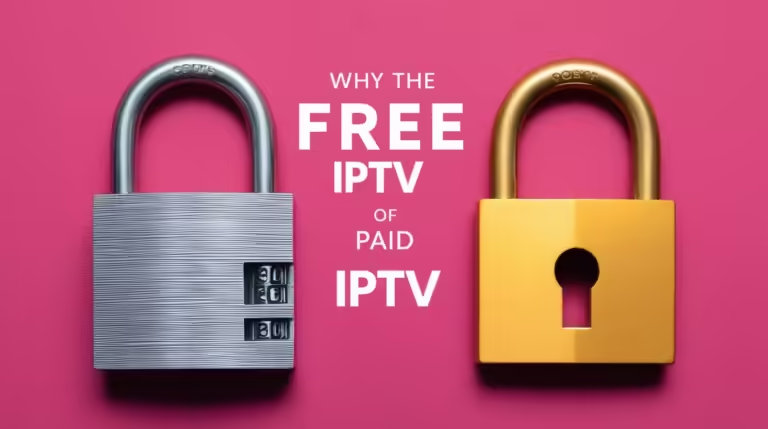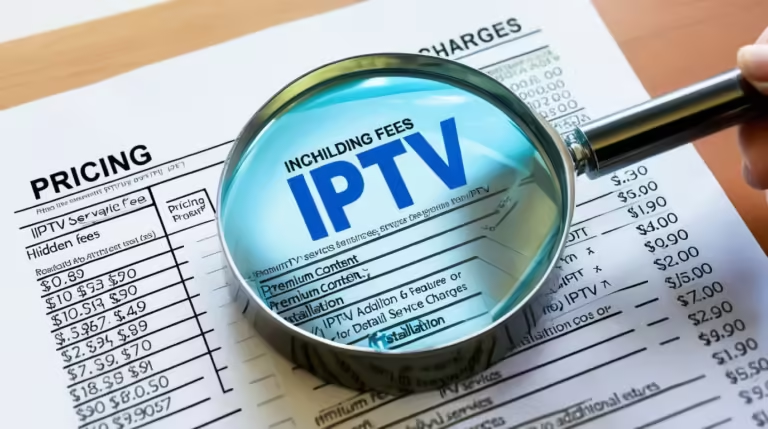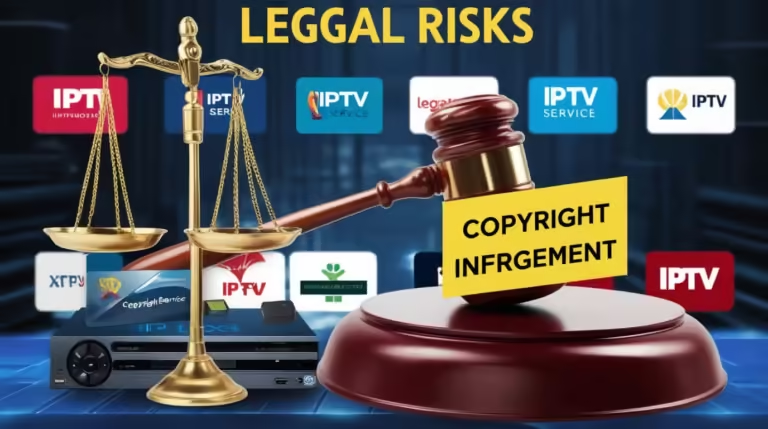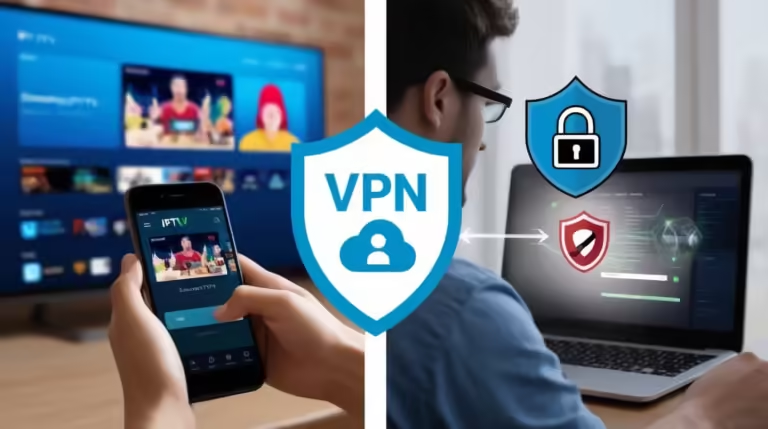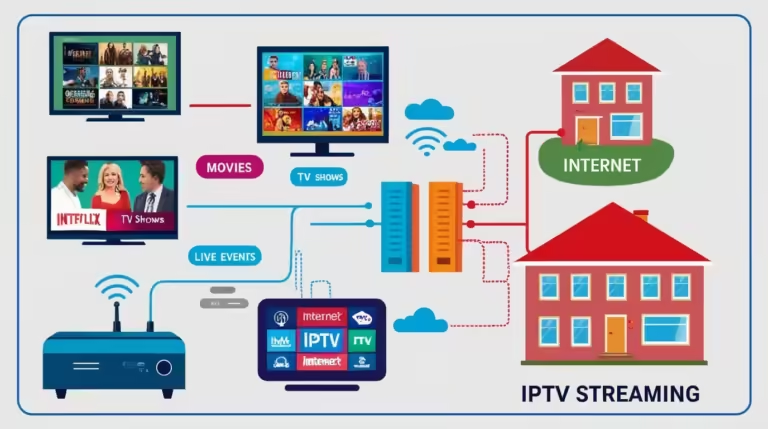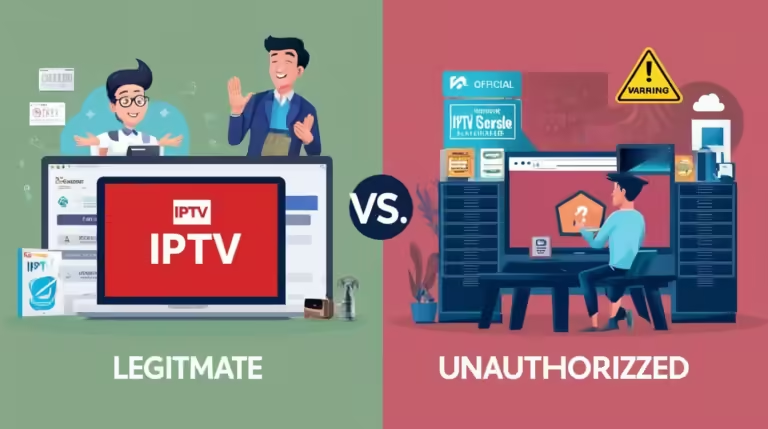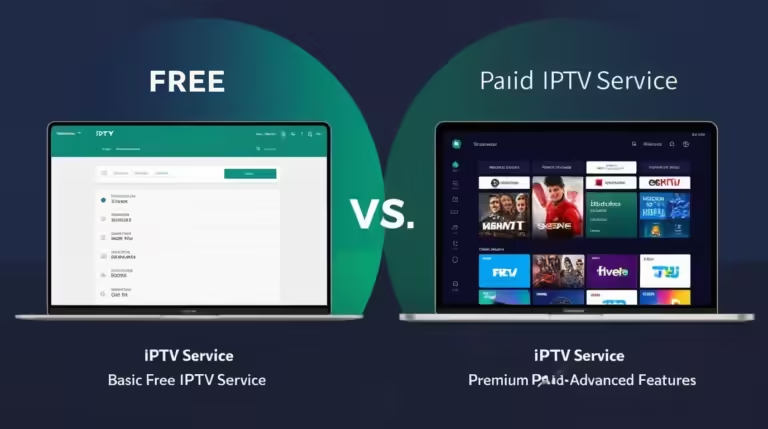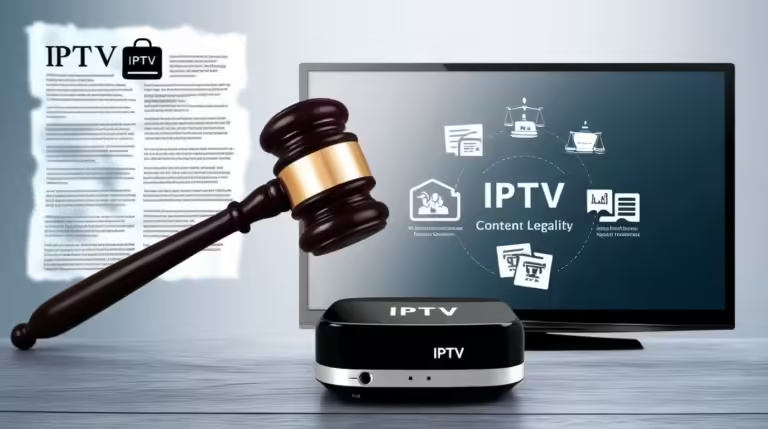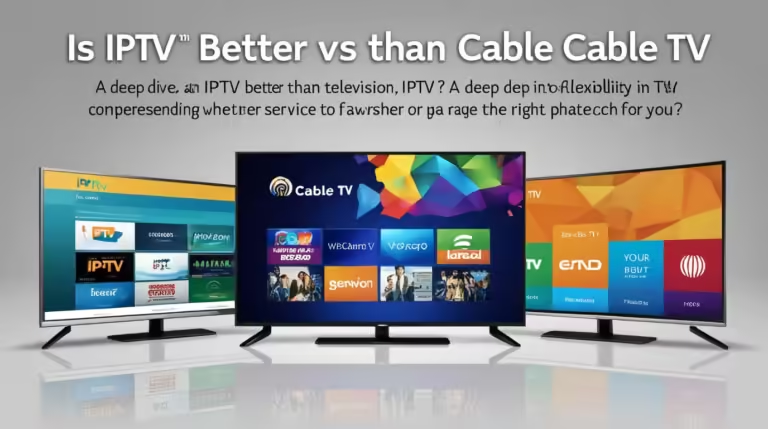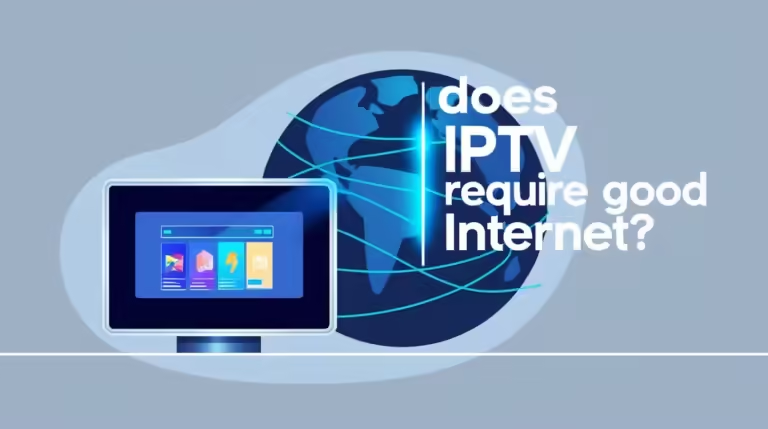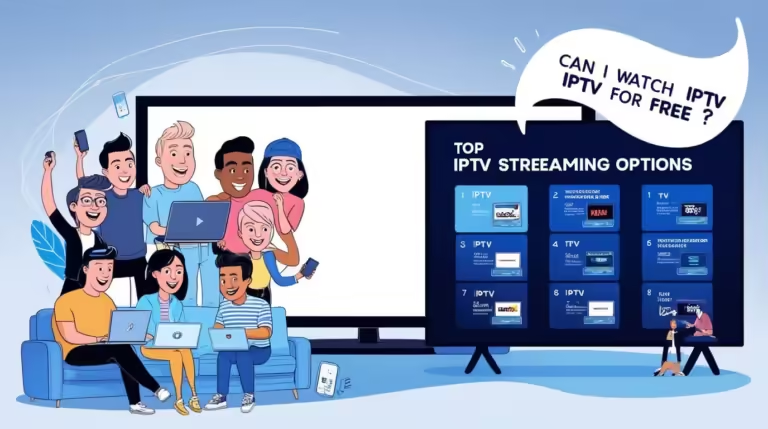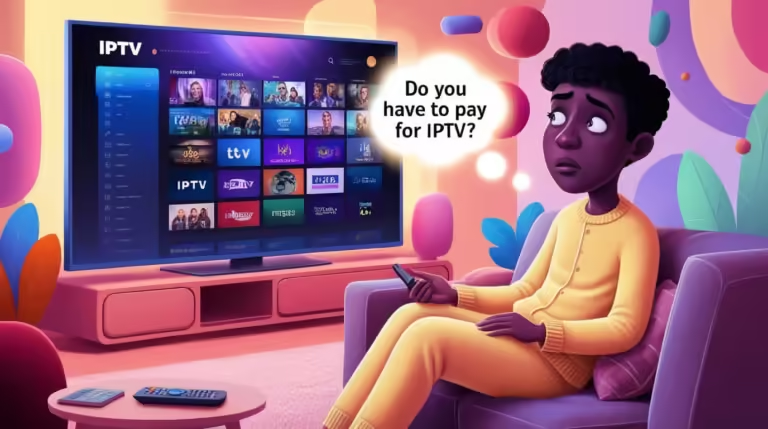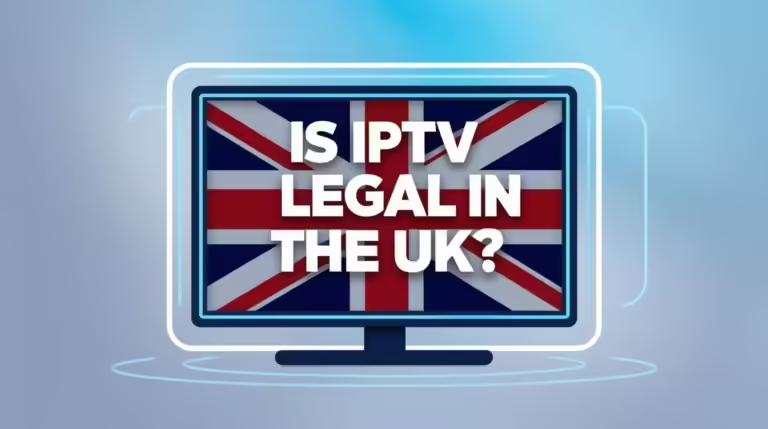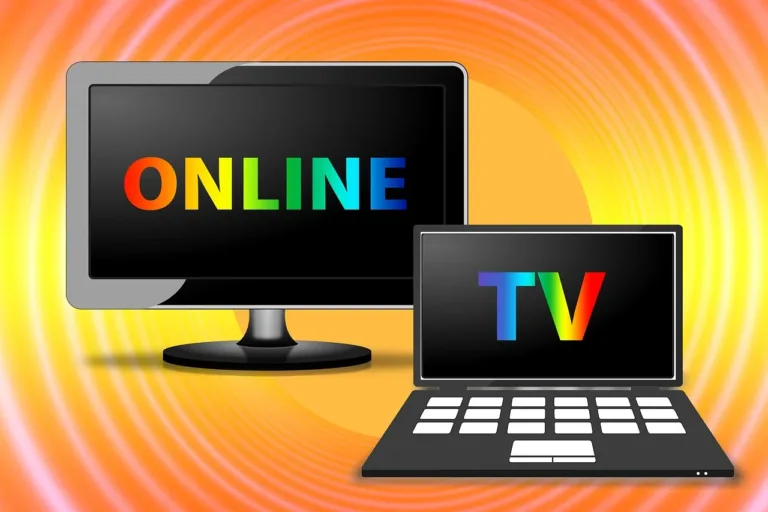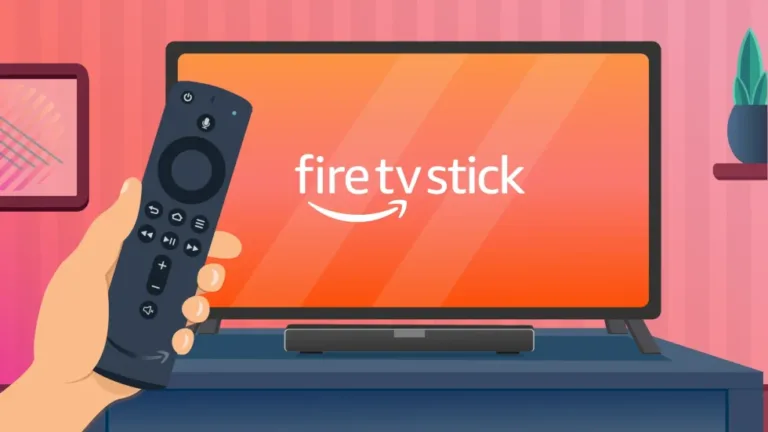In an increasingly digital world, where content consumption is rapidly shifting from traditional broadcasting to internet-based platforms, Internet Protocol Television (IPTV) has emerged as a significant player. Offering a vast array of channels, on-demand content, and often at seemingly attractive prices, IPTV presents a compelling alternative to conventional cable and satellite services. However, the burgeoning popularity of IPTV is accompanied by a complex web of questions concerning its legitimacy, security, and long-term viability. Can IPTV be trusted? This is not a simple yes or no answer, as the landscape of IPTV is highly fragmented, encompassing both legitimate, licensed services and a significant, often illicit, underground. This article aims to meticulously unpack these critical concerns, delving into the intricacies of content legality, cybersecurity risks, the impact of ongoing regulatory crackdowns, and the implications for consumers seeking reliable, long-term viewing solutions. By exploring these facets, we intend to provide a comprehensive understanding of whether, and under what circumstances, Can IPTV be Trusted.
Table of Contents
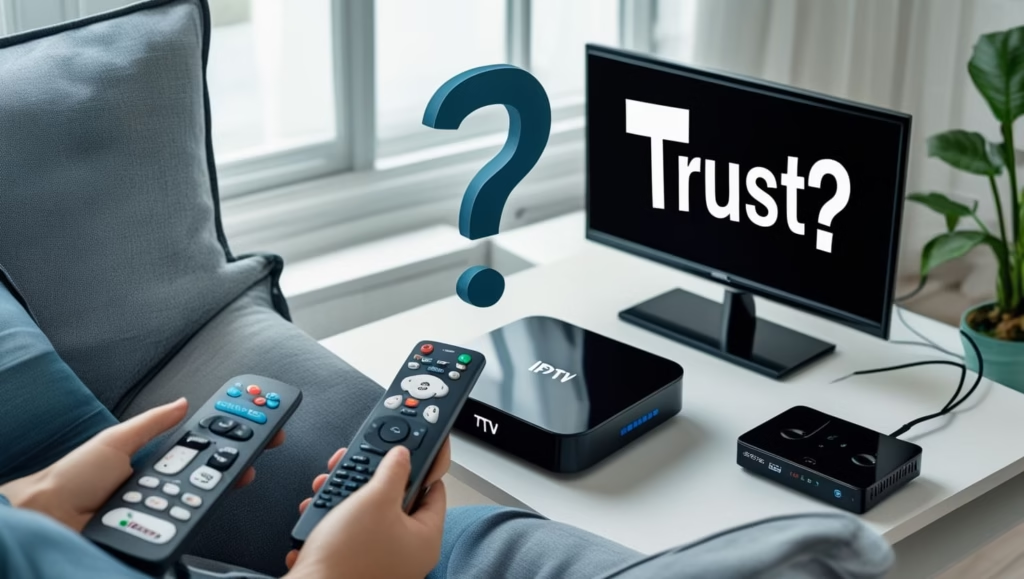
Can IPTV Be Trusted to Deliver Legal and Licensed Content?
The fundamental question of whether can IPTV be trusted often boils down to the legality of the content it delivers. This is a crucial distinction, as the technology of IPTV itself, which merely involves delivering television content over internet protocol networks, is perfectly legal. Reputable companies like YouTube TV, FuboTV, Sling TV, and Hulu + Live TV are prime examples of legal IPTV providers operating with proper licenses and agreements with content owners. These services invest heavily in acquiring the necessary rights to broadcast live channels, offer video-on-demand (VOD) libraries, and provide features such as DVR and multi-device compatibility, ensuring that all content offered is legitimate. When you subscribe to such a service, you can be confident that your payments are contributing to the rightful creators and distributors of the content, and you are not engaging in any illicit activities. The content you access through these platforms is licensed, meaning the provider has secured the legal permissions from the copyright holders to distribute it to their subscribers. This legal framework protects both the consumer and the content industry, ensuring a fair exchange for entertainment. Therefore, when discussing whether Can IPTV Be Trusted in terms of content legality, it is imperative to differentiate between these authorized providers and their unauthorized counterparts.
The challenge arises with the proliferation of illegal IPTV services, which often advertise thousands of channels, including premium sports, movies, and international content, at prices that seem too good to be true. These services typically operate without the necessary licenses or permissions from copyright holders. They acquire content through illicit means, such as re-streaming pirated broadcasts, and then distribute it over their own servers. The low cost is a direct result of bypassing expensive licensing fees, which is why they can offer such extensive libraries at a fraction of the price of legitimate services. When a service offers an unrealistic number of channels, including recent blockbuster movies and live sports events, for an exceptionally low monthly fee, it should immediately raise a red flag. These are often indicators of an unlicensed operation. Moreover, such illegal providers tend to avoid transparent payment methods, sometimes requesting cryptocurrency or untraceable transactions, and often host their operations offshore to evade legal repercussions. Their business model inherently relies on copyright infringement, which is a criminal offense in many jurisdictions worldwide.
For consumers, engaging with these unlicensed IPTV providers carries significant risks. Firstly, by subscribing to and using these services, individuals are indirectly participating in copyright infringement, which can lead to legal penalties. While providers are the primary targets of enforcement actions, users are increasingly facing consequences, including fines and, in some severe cases, even imprisonment. The legal landscape is shifting, with authorities worldwide intensifying efforts to track down both the distributors and, at times, the users of pirated content. Secondly, the content offered by illegal IPTV services is often unreliable. Users frequently report poor video quality, frequent buffering, sudden service interruptions, and the arbitrary disappearance of channels without notice. Since these operations exist outside the legal framework, there is no recourse for consumers if the service stops working or their money is taken. In essence, while the technology of IPTV can be trusted to deliver content, the source of that content is paramount in determining whether the service itself Can IPTV Be Trusted from a legal and ethical standpoint. Opting for legal, licensed IPTV providers is the only way to ensure both a reliable viewing experience and compliance with intellectual property laws.

Can IPTV Be Trusted from a Cybersecurity and Malware Risk Perspective?
Beyond the critical aspect of content legality, another paramount concern is whether Can IPTV be Trusted from a cybersecurity and malware risk perspective. The digital nature of IPTV, particularly when dealing with unregulated or illicit services, introduces a range of vulnerabilities that consumers should be acutely aware of. Legitimate IPTV providers prioritize robust security measures, employing encryption protocols like AES-128 and AES-256 to safeguard data transmission, implementing secure payment gateways, and adhering to strict privacy policies. They invest in secure server infrastructures, often with 24/7 monitoring, and employ authentication and authorization protocols, sometimes including multi-factor authentication, to protect user accounts and data. These measures are designed to ensure that users’ personal information, payment details, and viewing habits remain confidential and secure from malicious actors. When a reputable IPTV service boasts these features, it significantly enhances the trust factor from a cybersecurity standpoint. They operate within established legal and technical frameworks that mandate certain levels of data protection and privacy, providing a degree of consumer confidence.
However, the cybersecurity risks escalate dramatically when users venture into the realm of illegal IPTV services. These illicit operations often have little to no regard for user security. Their primary goal is often to provide pirated content as cheaply and quickly as possible, and security measures are typically neglected. This negligence can manifest in several dangerous ways. One significant risk is the potential for malware infection. Illegal IPTV apps, streaming devices (such as cheap, unbranded Android TV boxes), or websites associated with these services can be riddled with malicious software. The FBI has even issued warnings about “Badbox 2.0” malware campaigns targeting IoT devices like streaming boxes, which are secretly backdoored to host malware, creating botnets for other cybercriminal activities. This malware can range from adware that floods your device with unwanted advertisements to more sinister forms like ransomware, spyware, or Trojans that steal your personal information, including login credentials for other online services, banking details, and credit card numbers. When you download an app from an unofficial source or use a pre-loaded device from a dubious vendor, you are essentially opening a backdoor to your home network and personal data.
Furthermore, illegal IPTV services are notorious for data harvesting and privacy violations. Users’ financial information, such as credit card details used for payment, can be easily compromised if the service does not employ secure payment processing or if their systems are breached. There’s also the risk that these illicit providers might sell user data to third parties, engage in phishing scams, or even be linked to more extensive criminal enterprises like tax evasion or funding illegal operations. Without any regulatory oversight, there is no accountability for how your data is collected, stored, or used. Another concern is the exposure of your IP address and online activity. While some users might employ VPNs to mask their activity when accessing illegal streams, the inherent vulnerability of the service itself remains. If the provider’s servers are compromised, your connection details, and potentially your real identity, could be exposed to law enforcement or other malicious entities. In essence, while the promise of cheap content is alluring, the hidden costs in terms of cybersecurity risks, potential data breaches, and malware infections can be far more damaging than the savings on subscription fees. Therefore, when evaluating if IPTV can be trusted, the cybersecurity posture of the provider is a non-negotiable factor.
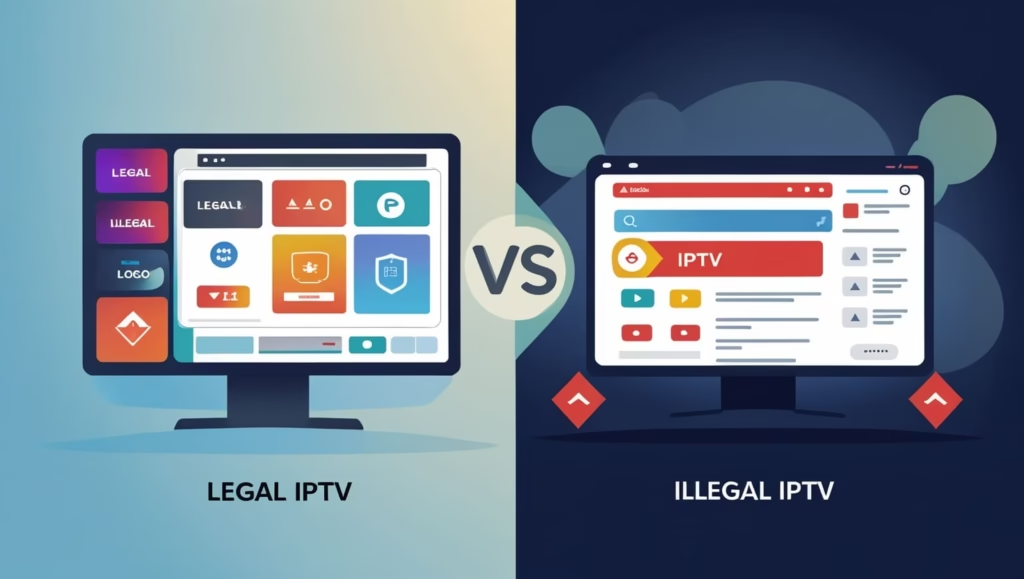
Can IPTV Be Trusted Amid Ongoing Regulatory Crackdowns?
The question of whether can IPTV be trusted gains further complexity when considering the increasingly aggressive and widespread regulatory crackdowns targeting illegal services worldwide. For many years, the battle against online piracy, including illicit IPTV, was often described as a “whack-a-mole” game, where shutting down one service simply led to another popping up elsewhere. However, in recent years, law enforcement agencies, content owners, and anti-piracy organizations have significantly escalated their efforts, employing more sophisticated strategies and collaborating internationally to dismantle these illicit networks. This intensified enforcement raises serious questions about the long-term reliability and viability of any IPTV service that operates outside legal boundaries. Can IPTV be trusted to continue operating without interruption if it is the target of these ongoing crackdowns?
These regulatory actions are not limited to obscure, small-time operations. Major international crackdowns have taken down large-scale illegal IPTV networks, leading to significant arrests, asset seizures, and domain takedowns. For example, recent reports from June 2025 highlight authorities cracking down on networks like “Boss IPTV” and its affiliates, warning users of criminal charges and deportation risks. The focus has broadened from solely targeting the providers to also identifying and pursuing resellers and, increasingly, even end-users. Anti-piracy groups like the Alliance for Creativity and Entertainment (ACE) and BREIN in the Netherlands are actively investigating, making trial purchases, and initiating legal proceedings against illegal IPTV distributors. These actions can result in substantial financial penalties for providers, lengthy prison sentences (with some jurisdictions imposing up to 10 years for copyright infringement), and the confiscation of illegally obtained assets. The consequences for illegal operators are severe and are becoming more consistently enforced across different countries. This creates an environment where illegal IPTV services are under constant threat of immediate shutdown.
For consumers, these crackdowns translate into a fundamental lack of reliability. An illegal IPTV service, no matter how functional it appears today, could be shut down without warning tomorrow. When such a shutdown occurs, subscribers not only lose access to the content they paid for but also have no legal recourse to reclaim their money. The nature of these operations means there is no customer support, no refund policy, and no guarantee of service continuity. Furthermore, as authorities become more adept at identifying users of illegal services, consumers themselves face the risk of receiving cease-and-desist notices, fines, or even more severe legal consequences. In the US, for instance, the Protecting Lawful Streaming Act means using and providing illegal IPTV services can be charged as a felony. The message from law enforcement is clear: users of pirated services may be linked to copyright infringement, a crime under federal law, with potential felony charges and, for non-citizens, deportation risks. Therefore, while the allure of cheap content is strong, the growing regulatory pressure makes it increasingly difficult to answer “yes” to the question, “Can IPTV be trusted?” for any service that lacks proper licensing. The instability and legal risks associated with unlicensed IPTV are significant deterrents for any consumer seeking a reliable and legally sound entertainment solution.
Can IPTV Be Trusted by Consumers Seeking Reliable Long-Term Use?
When consumers consider a new entertainment service, reliability and long-term viability are key factors. The question, “Can IPTV be trusted by consumers seeking reliable long-term use?” delves into the practical aspects of service quality, consistency, and the overall user experience over an extended period. For legitimate, licensed IPTV providers, the answer is generally affirmative. These services are built on sustainable business models, predicated on legal content acquisition and robust infrastructure. They typically offer stable, high-quality streams, often in HD or 4K, with minimal buffering. They provide consistent technical support, regular updates to their applications, and predictable billing cycles. Moreover, established providers like FuboTV or YouTube TV offer clear terms of service, customer service channels for troubleshooting, and often include features such as Electronic Program Guides (EPGs), cloud DVR functionality, and multi-device compatibility, all contributing to a reliable and user-friendly experience. Their investment in infrastructure, content licenses, and customer support signifies a commitment to long-term service provision, allowing consumers to trust that their subscription will deliver consistent value.
Conversely, the reliability and long-term use of illegal IPTV services are highly questionable, and in most cases, they cannot be trusted for sustained, uninterrupted entertainment. The inherent precariousness of their operations means they are susceptible to sudden and permanent shutdowns due to regulatory crackdowns, technical issues, or the simple disappearance of the operators. This translates to an incredibly unreliable viewing experience. Users frequently report inconsistent streaming quality, with frequent buffering, pixelation, and drops in resolution, especially during peak viewing times or major live events. Channels may disappear without warning, and the promised vast libraries of VOD content can be incomplete or sporadically available. The lack of legitimate customer support means that if a service goes down or a payment issue arises, there is no one to turn to for assistance, leaving consumers stranded and out of pocket. Furthermore, software used by illegal IPTV services is often poorly maintained, leading to compatibility issues with various devices, security vulnerabilities (as discussed previously), and a generally inferior user experience compared to legal alternatives.
The business model of illegal IPTV is inherently unstable. It relies on circumventing copyright laws, making it a constant target for legal action. Operators are frequently forced to change domains, servers, or even their entire branding to evade detection, leading to disruptions for subscribers. This constant cat-and-mouse game means that any “long-term” subscription offered by an illegal provider is a gamble. A service that works perfectly one day could be offline indefinitely the next, with no prior notice or refund. Consumers often find themselves having to search for new, equally precarious services, leading to a cycle of frustration and potential financial loss. The perceived cost-effectiveness of illegal IPTV services quickly evaporates when one accounts for the unpredictable service disruptions, the absence of consumer protections, and the potential legal and cybersecurity risks. Therefore, while the initial appeal of cheap, expansive content is undeniable, the answer to “Can IPTV be trusted for reliable long-term use?” when referring to unlicensed services is a resounding no. For genuine reliability, consistent quality, and peace of mind, consumers must always gravitate towards legally sanctioned and reputable IPTV providers.
Conclusion
The question “Can IPTV be trusted?” is multifaceted, with answers varying significantly depending on the nature of the service being considered. It is unequivocally clear that the core technology of IPTV, delivering content over internet networks, is legitimate and forms the backbone of numerous highly reputable and legal streaming services. These licensed platforms, backed by content agreements, robust security, and reliable infrastructure, can IPTV be trusted to deliver legal, high-quality, and consistent entertainment for long-term use. They adhere to consumer protection standards, ensure data privacy, and contribute to the creative ecosystem by fairly compensating content creators.
However, the proliferation of unlicensed and illegal IPTV services complicates the picture considerably. These services, while often enticing with their low prices and vast content libraries, cannot be trusted. They operate outside the bounds of legality, engaging in copyright infringement, which exposes both the providers and their users to significant legal repercussions, including fines and potential imprisonment. From a cybersecurity standpoint, these illicit operations often neglect basic security measures, making users vulnerable to malware, data theft, and privacy breaches. Furthermore, the increasing intensity of global regulatory crackdowns means that illegal IPTV services are inherently unreliable and prone to sudden, unannounced shutdowns, leaving consumers without service and without recourse for their payments.
In conclusion, while the technology of IPTV offers an innovative and flexible way to consume media, can IPTV be trusted depends entirely on the provider’s adherence to legal and ethical standards. For consumers seeking a reliable, secure, and legally sound entertainment experience, the only trustworthy option is to subscribe to officially licensed IPTV services. The short-term savings offered by illegal alternatives are vastly outweighed by the substantial legal risks, cybersecurity threats, and the inherent unreliability that characterize such illicit operations. Choosing a reputable and legal provider is not just a matter of compliance; it is an investment in a stable, secure, and genuinely enjoyable long-term viewing experience.

